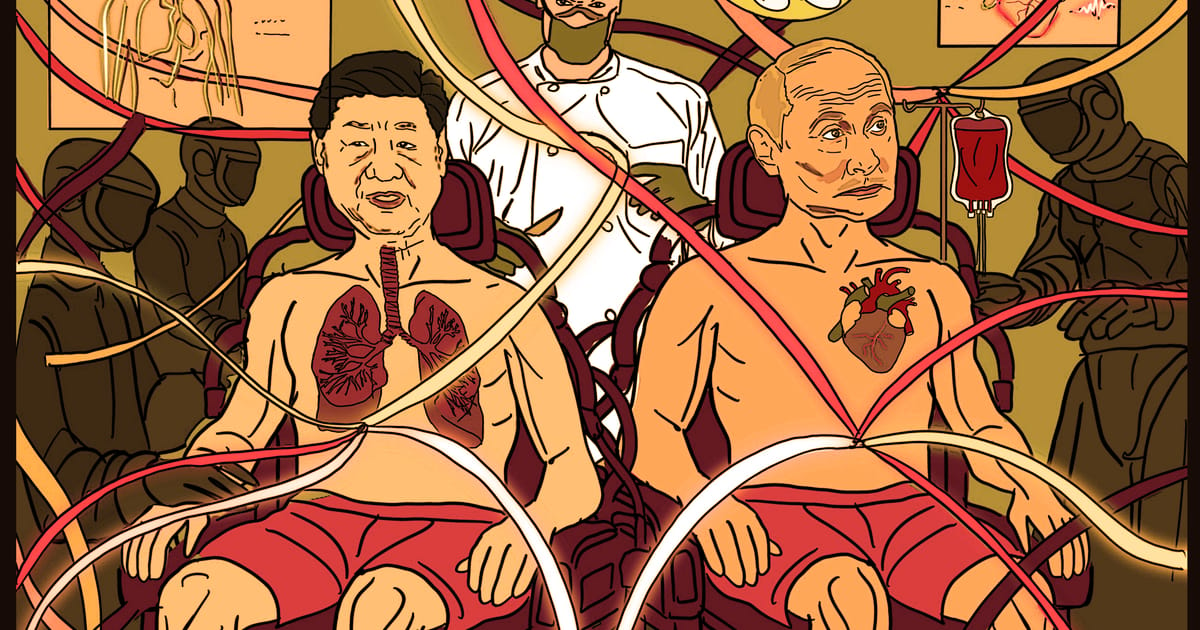“There is currently no evidence suggesting that living to 150 years of age is possible through organ transplantation,” Markmann said. “While there is much interest in related research and some progress in intervening in the aging process, there is no evidence that a 150-year lifespan can currently be achieved.”
While organ transplantation can and does save lives, there’s no data that it can also slow or reset an individual’s biological clock, Markmann said. Replacing a single organ, or even several, may improve health temporarily, but it cannot halt the overall aging process of the body.
“The concerning idea here is that there is a surplus of organs available that can consistently be replenished for a single individual to prolong their life; this is simply not the case,” Markmann said.
The oldest obsession
The Xi-Putin exchange didn’t happen in a vacuum. History is littered with rulers who believed they could outsmart death.
Qin Shi Huang, China’s first emperor, swallowed mercury pills in pursuit of eternal life, a habit that eventually killed him. Egyptian pharaohs mummified themselves for eternity, Cleopatra dabbled in youth potions and medieval alchemists peddled elixirs. By the 20th century, Russia’s last czar, Nicholas II, and Empress Alexandra were consulting Rasputin and other mystics for advice on health and longevity.
Today, the same quest has migrated to Silicon Valley, where the mega-rich pour fortunes into cryonics, anti-aging biotech and “biohacking” in the hope of buying more time.
